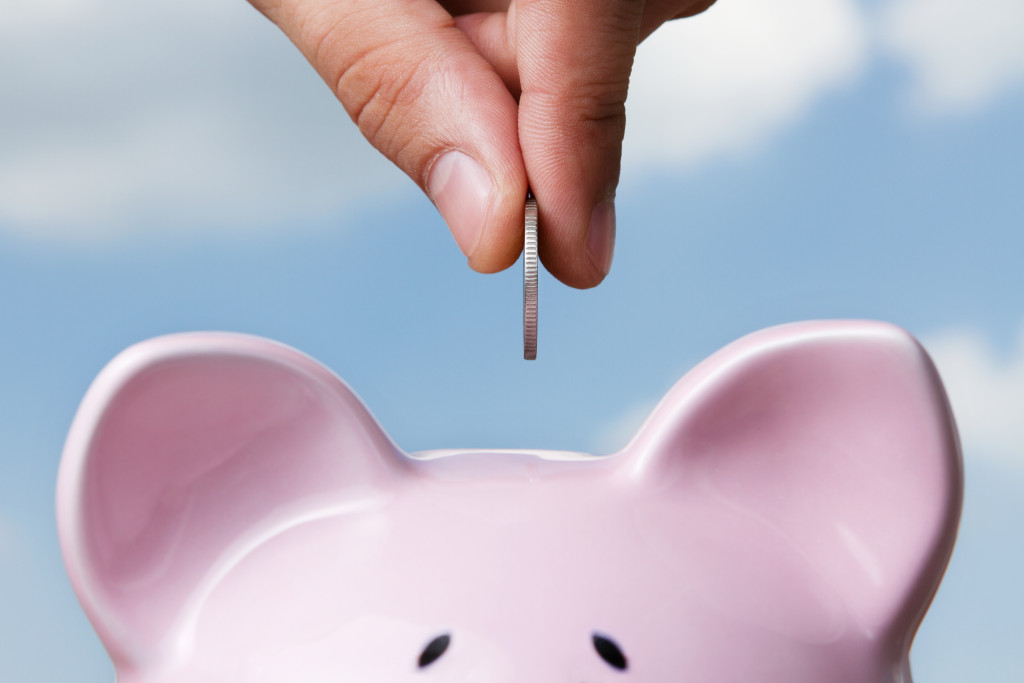To many people, credit scores and ratings can be very mysterious. Essentially, your credit score represents how well you are at handling money. This tells people whether you’re a good investment and responsible enough that you can pay them back. Your credit score is also a great indicator that you can manage your finances efficiently.
Because of how complicated the criteria surrounding credit scores are, it can be hard to understand just how important making sure these numbers stay within a specific range.
Credit Scores and Loans
Your credit scores will come up most often when you are applying for various financial arrangements, such as home loans or car loans. They’re particularly important when you’re trying to secure a loan for a mortgage. Different types of mortgages have different minimum credit score requirements. For example, eligibility for an FHA loan requires a minimum credit score of 580, making it one of the lowest available. Meanwhile, a USDA Loan requires a minimum credit score of 640, perfect for people shopping around for rural and suburban houses.
Improving Your Scores
If you want to qualify for the mortgage most convenient for you, you’ll need to improve your credit score. Although that might seem daunting, if you employ a few useful methods to get your finances under control, it could be easier than you think. Here are just four ways you can boost your credit score:
1. Pay Bills Promptly
Nothing damages your credit score more than unpaid or late bills. Being a numerical representation of your ability to manage your finances, prompt payment is expected if you want your score to improve. Find a way to organize your bills and put them on a schedule. Quite often, people can sometimes afford to pay their bills but just forget to do so. Tack them on a corkboard or with magnets in visible areas and leave notes on calendars on their due dates.
2. Get Rid of Debt
Something else that can drag your credit score down is a significant amount of unpaid debt. Take note that having debt isn’t enough to impact your credit score negatively. It’s not paying them in a timely or effective fashion that can do so.
The best way to make sure your debts don’t affect your score is to remove them entirely. Start with your credit card debt, which can accumulate quickly if left unpaid.
3. Work with Your Creditors

Don’t make the mistake of evading your creditors and treating them like monsters for your blood. The best way to ensure your credit score doesn’t drop below acceptable levels is by working with your creditors instead of running away from them. If you’re having financial difficulties, be upfront about it and tell your creditors that you need to work out a payment plan to ensure they receive their money, and you have control over your finances.
4. Educate Yourself
Finally, the best way to know how you can improve your credit score is by knowing everything you can about them. Do your research on credit scores and find out which system of measuring them works best for you. Discover how your current financial obligations and loans can affect your ratings. By knowing more about them, you can find other methods of enhancing your score to favorable levels.
A credit score indicates what sort of person you might be to banks and investors. Ensuring they reflect the best facet of yourself is essential in securing your future.
